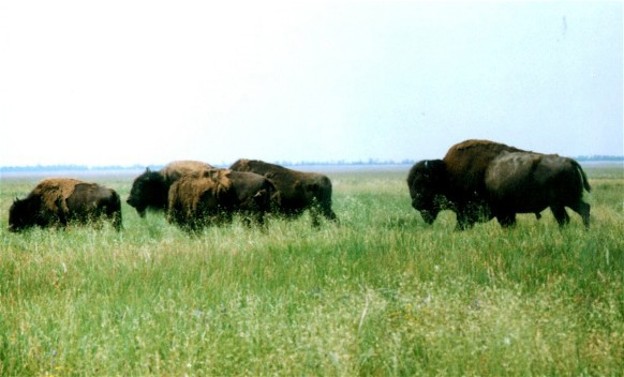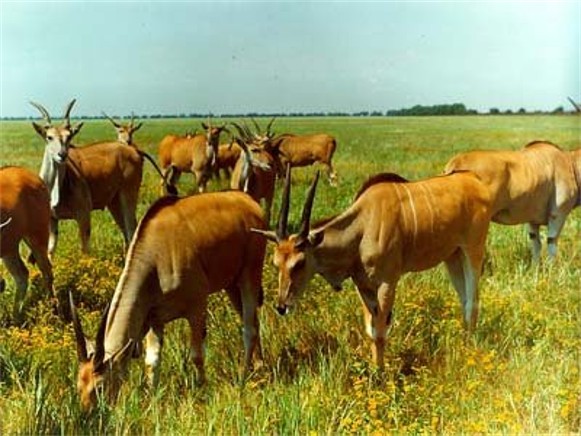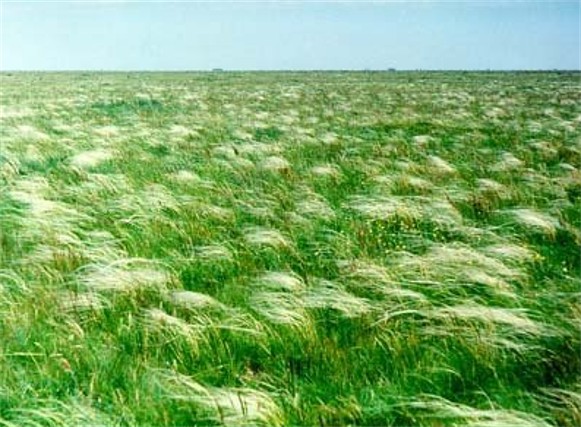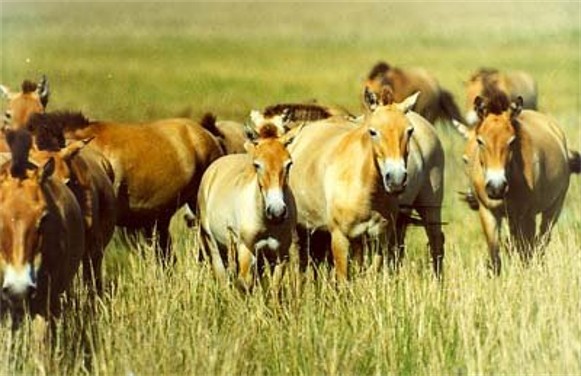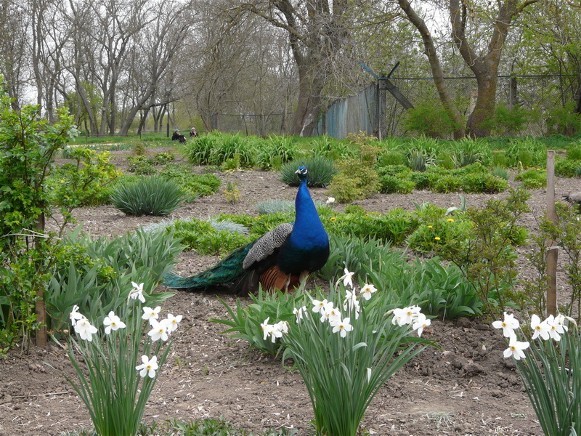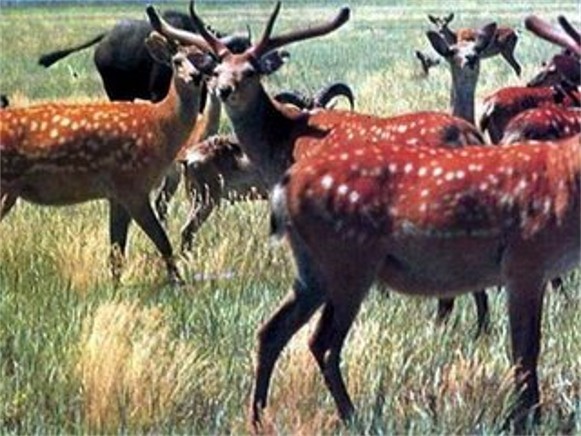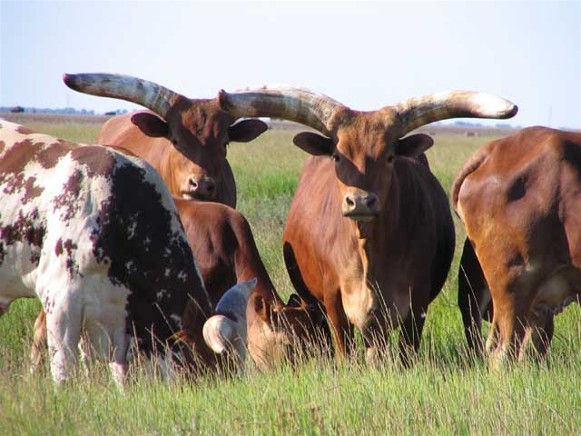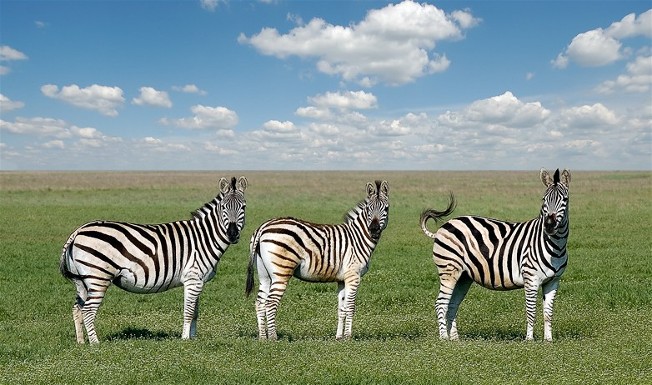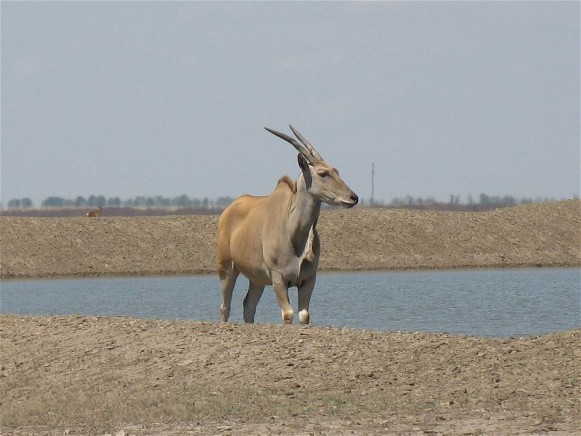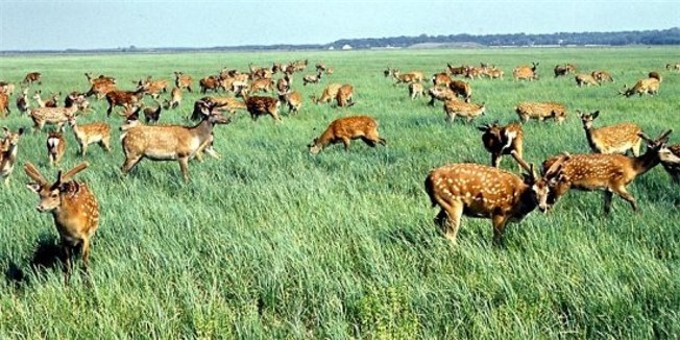Askaniia-Nova Biosphere Reserve
Askaniia-Nova Biosphere Reserve (Біосферний заповідник « Асканія-Нова»; Biosfernyi zapovidnyk Askaniia-Nova). A state nature preserve in the steppe near the town of Askaniia-Nova, Chaplynka raion, Kherson oblast. A zoo was established there in 1875 by a Prussian colonist, Friedrich Falz-Fein, on the lands of his father, a wealthy landowner. He acclimatized wild animals from Asia, Africa, America, and Australia that were related to extinct species of steppe fauna. In 1910 Professor I. Ivanov worked at the reserve and conducted experiments in acclimatizing the wild Przewalski horse and the European bison, and in crossing the European bison with the buffalo, the bison-buffalo with horned cattle, the zebra with the domesticated horse, and so on. During the revolutionary period a local peasant, Klym Siianko, who was a self-taught zoologist and Falz-Fein's assistant, saved the reserve from complete ruin. On 8 February 1921 the Council of People's Commissars of the Ukrainian Soviet Socialist Republic declared Askaniia-Nova a national nature preserve under government supervision. An experimental station, zoo, botanical garden, zootechnical station, and breeding farm were set up at the enlarged reserve in 1921–5 under Mikhail Ivanov. In 1932 the All-Union Scientific Research Institute for the Acclimatization and Hybridization of Animals was established there. In 1956 the institute was renamed the M.F. Ivanov ‘Askaniia-Nova’ Ukrainian Scientific Research Institute of Animal Husbandry of the Steppe Regions. In 1985, UNESCO designated the Askaniia-Nova Nature Reserve a biosphere reserve under the United Nations’ Man and the Biosphere program. In 1993, the biosphere status of the reserve was confirmed by a special decree issued by President Leonid Kravchuk.
Today the Askaniia-Nova Biosphere Reserve has a total area of 33, 307.6 ha and consists of a 11,200 ha section of virgin fescue-feather grass steppe, a large research farm, an acclimatization zoo, a dendrological park, and a botanical garden. The task of the reserve is to preserve and study the virgin steppe with its wild flora and fauna and to acclimatize, study, and breed plants, birds, and animals that have agricultural value. The reserve’s dendrological park and botanical garden contain 1647 species of plants, including many rare ones. The reserve is home to about 270 species of wild bird (the steppe eagle among them), roe deer, fallow and sika deer, hare, Askanian steppe bucks, bats, moles, squirrels, rock martens, and other animals. Its territory is of particular importance for migratory birds, especially for the migration of very large flocks of cranes and greylag and white-fronted geese. The zoo contains a unique collection of 114 species of wild animals (including 99 exotic species), such as antelopes, European bison, buffalos, zebras, Przewalski horses, etc. Among the wild birds are ostriches, flamingoes, American rheas, and casuari. Experiments in hybridization are performed in the zoo. In the dendrological park the acclimatization of various trees and bushes that are suitable for foresting the dry regions of southern Ukraine is studied. The Askaniia-Nova Biosphere Reserve houses 30 species of flora and 32 species of fauna that are included in Ukraine’s Red Book, as well as 12 species of flora and 8 animal species that are included in Europe’s Red book. About 70,000 tourists visit Askaniia-Nova every year.
BIBLIOGRAPHY
Visti Derzhavnoho stepovoho zapovidnyka ‘Chapli’, 1–7 (Kharkiv–Askaniia-Nova, 1924–9)
Trudy Nauchno-issledovatel'skogo instituta gibridizatsii i akklimatizatsii zhivotnykh Askaniia-Nova imeni akad. M.F. Ivanova, 1–3 (Moscow 1935–49)
Bielozerov, S. Askaniia-Nova (Kharkiv 1960)
Treus, V.; Kramarenko, V. Zapovidnyk ‘Askaniia-Nova’ (Kyiv 1968)
Edvard Zharsky
[This article was updated in 2009.]
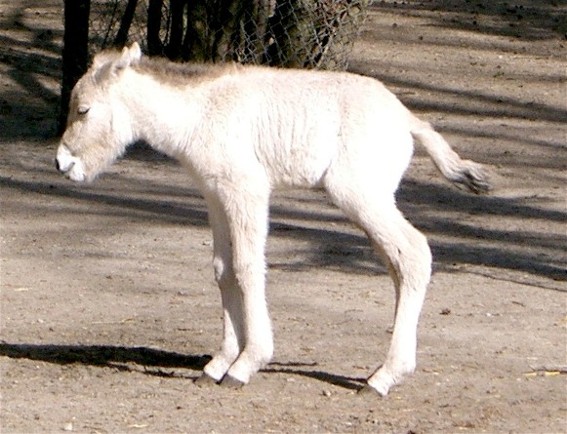
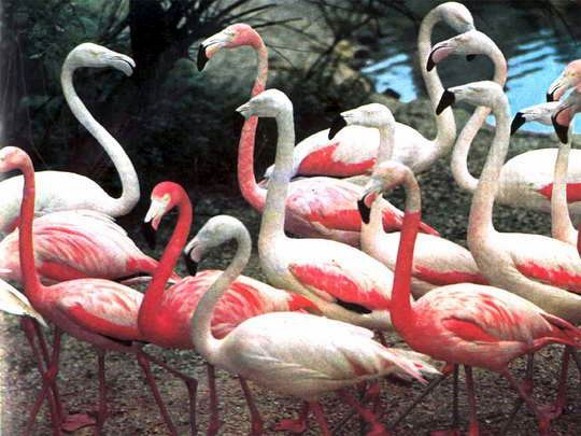
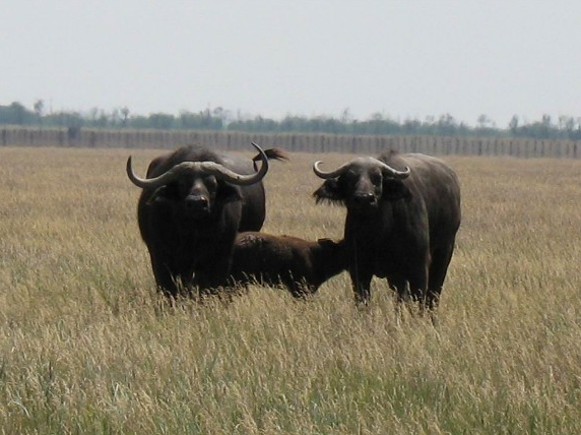
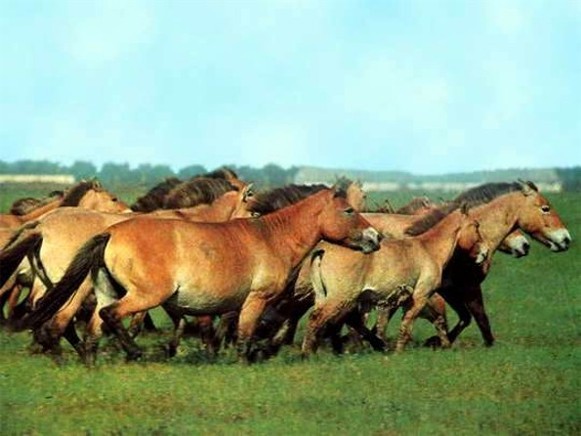
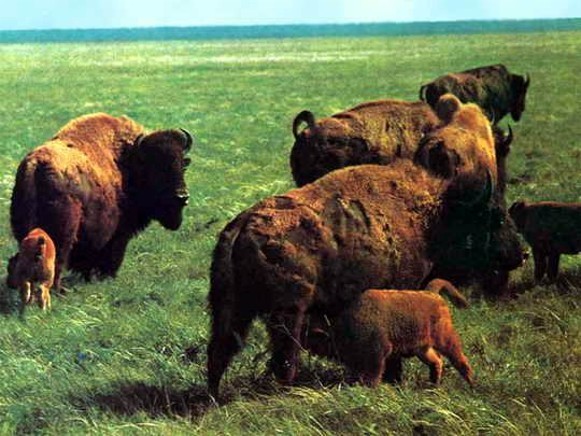
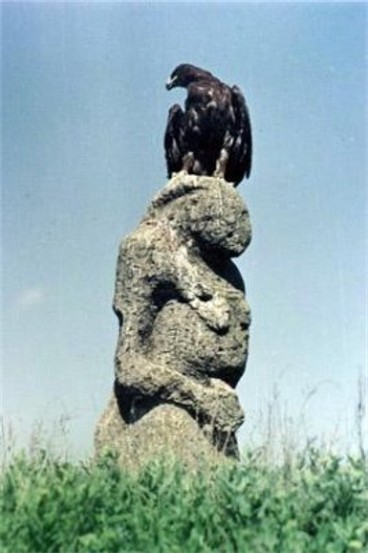

.jpg)
